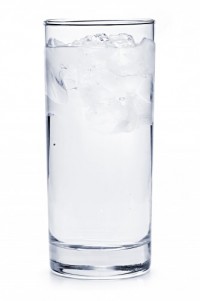Even city water can benefit from water treatment
City water varies greatly from area to area and town to town. City water (or water from a community water system) is usually treated to some degree before it reaches your home, but most city water is still hard and contains some level of contaminants.
Although water treatment plants are required to provide water that meets federal regulatory guidelines, it’s becoming harder for them to meet these standards. Even when they meet their regulatory goals, does the water live up to your standards?
When water leaves the plant it travels through what is often an aging distribution system. The quality of water can change dramatically in route to your faucet.
Many consumers choose to install equipment that can improve the quality of the water once it reaches their home.
Chlorine and Chloramine are necessary for disinfecting water at the water plant, but they can create an unpleasant taste and smell. They can also be drying to skin, hair, rubber seals, and parts in water-using appliances.
Water treatment plants sometimes employ strategies to reduce the hardness of city water, but they usually don’t soften it completely.
Scale buildup is caused by hard water. It is the white, chalky, hard buildup you may have noticed on your fixtures and water-using appliances. It’s unsightly, reduces the life and efficiency of appliances, and can damage fixtures. When hardness mixes with detergents, it creates soap scum in tubs and sinks which is very difficult to remove.
If you have any of these problems with your city water, do yourself a favor and explore your water filtration and softening options.


